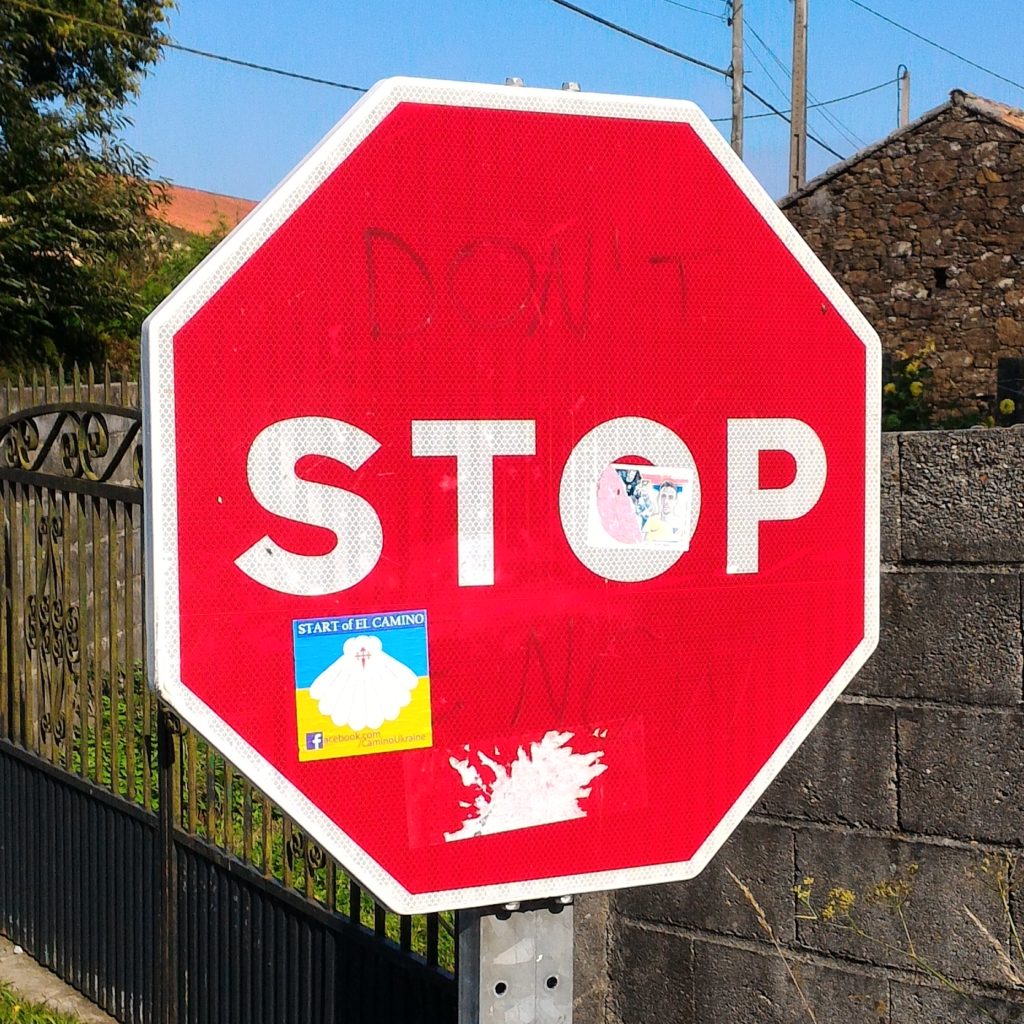Saturday of the 1st Week of Lent
Deuteronomy 26:16-19 | Psalm 118(119):1-2,4-5,7-8 | Matthew 5:43-48
For if you love those who love you, what right have you to claim any credit? Even the tax collectors do as much, do they not? And if you save your greetings for your brothers, are you doing anything exceptional? Even the pagans do as much, do they not? (Matthew 5:46-47)
“Aiyoh, he’s such an a**hole! When he comes over, I’ll leave this parish!”
Harsh words about our parish priest-to-be, from someone who hadn’t had personal contact with him, but was relying on third-party reports and rumors.
I don’t know how my own interactions with him will go, but I’ll give him the benefit of the doubt ahead of time.
Perhaps we’ll end up clashing irreconcilably, or perhaps we’ll both give and take.
Or perhaps his “demands” will make me reevaluate long-standing choir practices that only have tradition and personal tastes behind them, without any firm liturgical justification.
Who knows? Only God.
I’ll find out for myself after Easter.
Heavenly Father, help me keep an open heart towards those I’ve yet to meet, and an open mind to everything You’ll teach me through them. For You know what I need most, and You’ve always been there even when I wasn’t paying attention. I ask for love and enlightenment in Jesus’ name. Amen.

